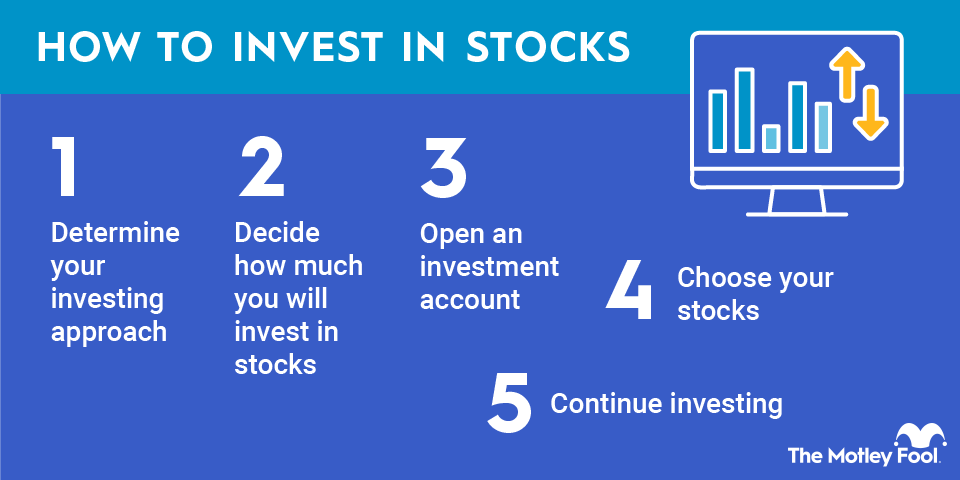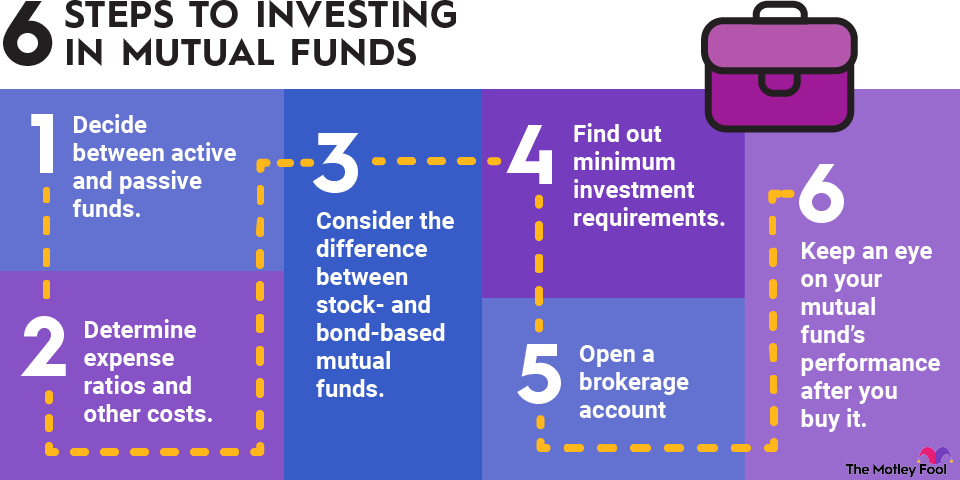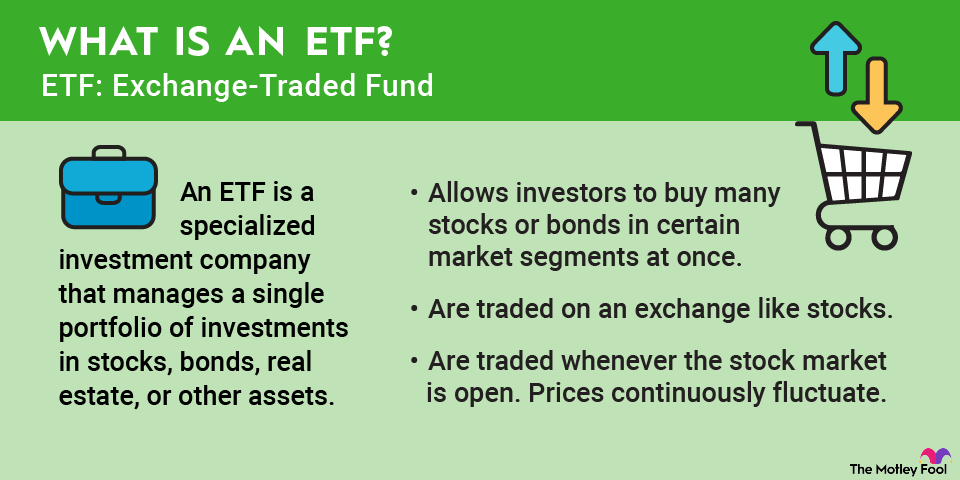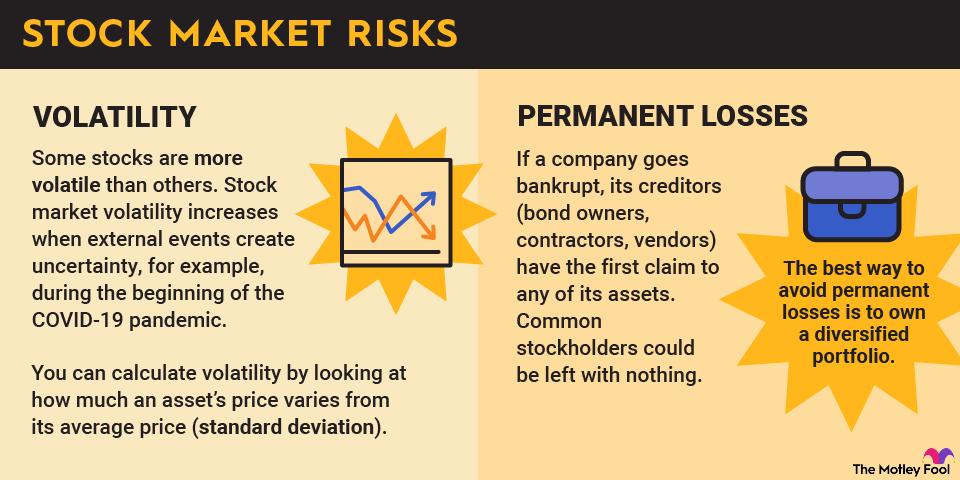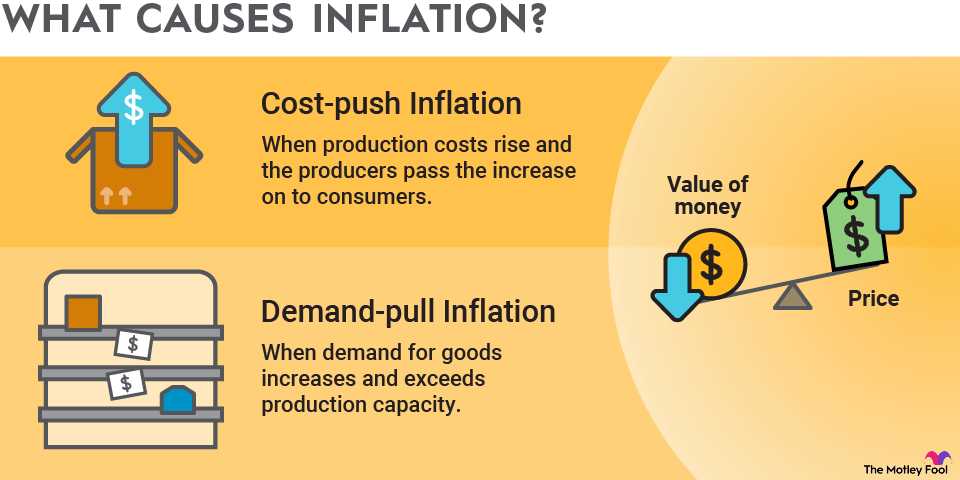Curious about the relationship between private equity and venture capital (VC)? Let's review the similarities and differences of these two investing strategies and the reasons each might be worth pursuing as part of your portfolio.
Private equity investors make controlling investments in distressed companies to make them more profitable and increase their value. VC investors fund early-stage companies with high growth potential. VC is considered a subset of private equity.

What is private equity?
Private equity investing involves the buying and managing of companies that are not publicly traded on a stock exchange. The target companies are often distressed and become turnaround projects for the private equity firm. The goal is to revive the company deliver strong, risk-adjusted returns for investors in the process.
Private equity investing is often done through a private equity firm. The firm secures and pools capital from institutional and high-net-worth investors, identifies investment targets, appoints executives to portfolio companies as needed, and oversees the process of extracting value from the investments.
Private equity investments can be structured as leveraged buyouts, VC, or growth capital (GC) funding.
- Leveraged buyouts (LBOs): In an LBO, the private equity firm relies heavily on debt to purchase the company. The debt balance can be significant relative to the company's starting value. Often, the company's assets are used as collateral for the loan. This strategy can be effective if the underlying company has valuable assets for collateral and a reasonable probability of delivering strong, ongoing cash flow to service the debt repayments.
- VC: VC is a subset of private equity that targets early-stage, pre-IPO companies that are not yet profitable. Typically, VC targets have a strong and promising business model plus a competent leadership team.
- GC: Growth capital funds profitable companies with ambitious growth objectives. In growth capital endeavors, the private equity firm may take a minority interest in the target, rather than a controlling interest. Firms seeking growth capital financing are more established than those seeking venture funding.
Private equity is a high-risk, high-reward investment strategy. Companies may not perform according to expectations, even with the new funding and oversight. In these cases, or when a portfolio company can't repay its debt obligations, the private equity firm and investors may lose money. When companies do flourish, however, private equity investors stand to earn enormous profits.
What is venture capital?
VC is a subset of private equity. As mentioned, VC funds start-ups and emerging companies that aren't yet profitable but have the potential to be very successful.
VC firms take an equity position in their target companies. If the company later reaches the performance targets, the VC firm can earn many times its initial investment. On the other hand, promising companies can regularly fail -- which makes the VC approach especially risky.
From the perspective of the target company, VC financing provides much-needed capital to build the business. VC firms also provide expertise and guidance around start-up growth that may otherwise be inaccessible. Additionally, VC firms can facilitate strategic partnerships among their portfolio companies.
There are downsides, however. VC deals involve some loss of control for company founders. Often, the VC partner requires influence over strategic and operational decisions, to ensure the company is moving in the right direction. Accepting VC funding also dilutes ownership, which decreases the founder's share of future profits and value creation.
What's the difference?
Both private equity firms and VC firms provide financing to non-public companies with defined profitability goals. Despite the shared mission, however, the mechanics of the two investment disciplines are slightly different.
Key differences to note are the stage of the funded company, the size of the investment, the type of funding, the exit strategy, and the level of risk.
- Stage of funded company: VC money goes to early-stage start-ups. Private equity deals can involve mature companies that were once profitable but have since become distressed.
- Investment size: Private equity firms often seek to control their target companies and turn them around. This can require massive investments of time and money. VC firms may make smaller investments for minority interest in a larger number of target companies. This can reflect the high failure rate associated with early-stage companies.
- Type of funding: Private equity firms can use a combination of debt and equity to invest, while VC firms typically use only equity. VC firms are not inclined to borrow money to invest in companies that have never been profitable, despite the possibility that they may become profitable.
- Exit strategy: Private equity firms generally aim to sell the companies they turn around, while VC firms tend to have more flexibility with their exit strategy. They may sell their interest in the company, or they may benefit from an initial public offering (IPO), merger, or acquisition.
- Level of risk: VC investments are considered riskier than private equity investments because start-ups without a profitability track record are more likely to fail. Private equity firms usually seek out companies that were once profitable and need to be turned around.
Related investing topics
Private equity firms focus on acquiring and managing companies, ultimately to improve profitability and the company's value. They might establish operational and strategic control over the target company through an LBO or a management buyout. On the other hand, VC strategies are aimed at early-stage companies that may become extremely profitable one day.
Both strategies have potential risks and rewards. With diversification, both can play a role in a well-rounded investment portfolio.
FAQ
FAQ: Private equity vs. venture capital
About the Author
The Motley Fool has a disclosure policy.
